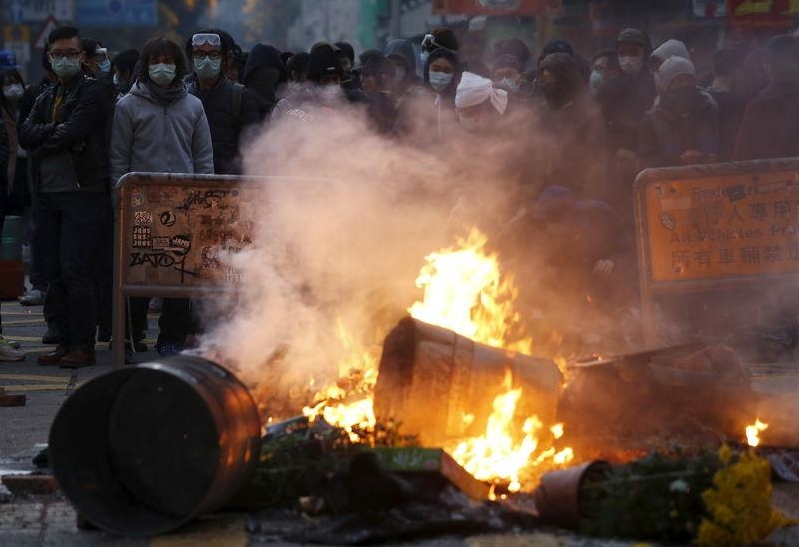
The 'fight for democracy' in Hong Kong has taken a turn for the worse in recent weeks, where peaceful marches have descended into chaos that involved firebombs and wanton vandalism. Through it all, there have been reactions by various quarters including the police force, politicians, businesses and NGOs (non-governmental organizations).
How did such peaceful protests end up in a mess that Hong Kong suffers from at the moment? Winding back the clock, the 5 points that Hong Kongers want are as follows :-
1. Complete withdrawal of the extradition bill
This was one of the main points of contention as the proposed extradition bill would have paved the way for courts in China and Taiwan to request for alleged criminals to be handed over for trial. Basically, those living in Hong Kong have a general mistrust of the Chinese legal system and believe that this extradition bill can be abused. Hong Kong Chief Executive Carrie Lam announced the extradition bill's withdrawal in early September, but at that point in time, it proved to be a little too late to placate the masses' growing dissatisfaction.
2. Alleged police brutality requires a commission of inquiry
The Hong Kong police have been criticized by protesters over alleged use of excessive force, and have lost faith in the Independent Police Complaints Council which was set up to monitor any kind of abuse by the police.
3. Protesters are not "rioters"
Chief Executive Carrie Lam and Commissioner of Police Stephen Lo Wai-chung did make use of the term "rioters" to describe protesters, and that did not go down well with just about everybody involved in the protest. Semantically-speaking, if you are a "rioter", you can be charged as a criminal with a sentence of up to 10 years in prison.
4. Amnesty for arrested protesters
With a large number of protesters having come under arrest because of their connection with the anti-extradition bill protests, the rest are not taking things sitting down. They deny criminal charges that range from illegal assembly, assaulting police and of course, rioting.
5. Dual universal suffrage
The demand for dual universal suffrage would involve both the Legislative Council and the Chief Executive. At this point in time, only half of the seats in Legco, the body that comes up with Hong Kong's laws, are directly placed in power by voters. The remaining 35 seats hail from "functional" constituencies, which happen to be elected based on professions or trades. In other words, fairness is excluded as the current setup involves corporations and selected voters voting for their favored representative in a particular sector.
As weeks turned to months of protests and tensions escalating on both sides, there does not seem to be any end in sight at the moment. Beijing has steadfastly refused to give in to the protesters and resolutely resisted any form of outside interference and pleas.
Businesses in Hong Kong have suffered over the past few months, and there is large capital outflow to other countries such as Singapore and Malaysia. Many of the wealthier Hong Kong population have decided to invest in properties in the aforementioned countries, with Singapore being culturally close to Hong Kong while offering a seemingly solid infrastructure to begin a new life should things go belly up in the months to come.
The longer the protest takes, the more the Hong Kong people are going to suffer. Hopefully the authorities on both the special administrative region of Hong Kong and mainland China will be able to arrive at a peaceful resolution sooner rather than later.







